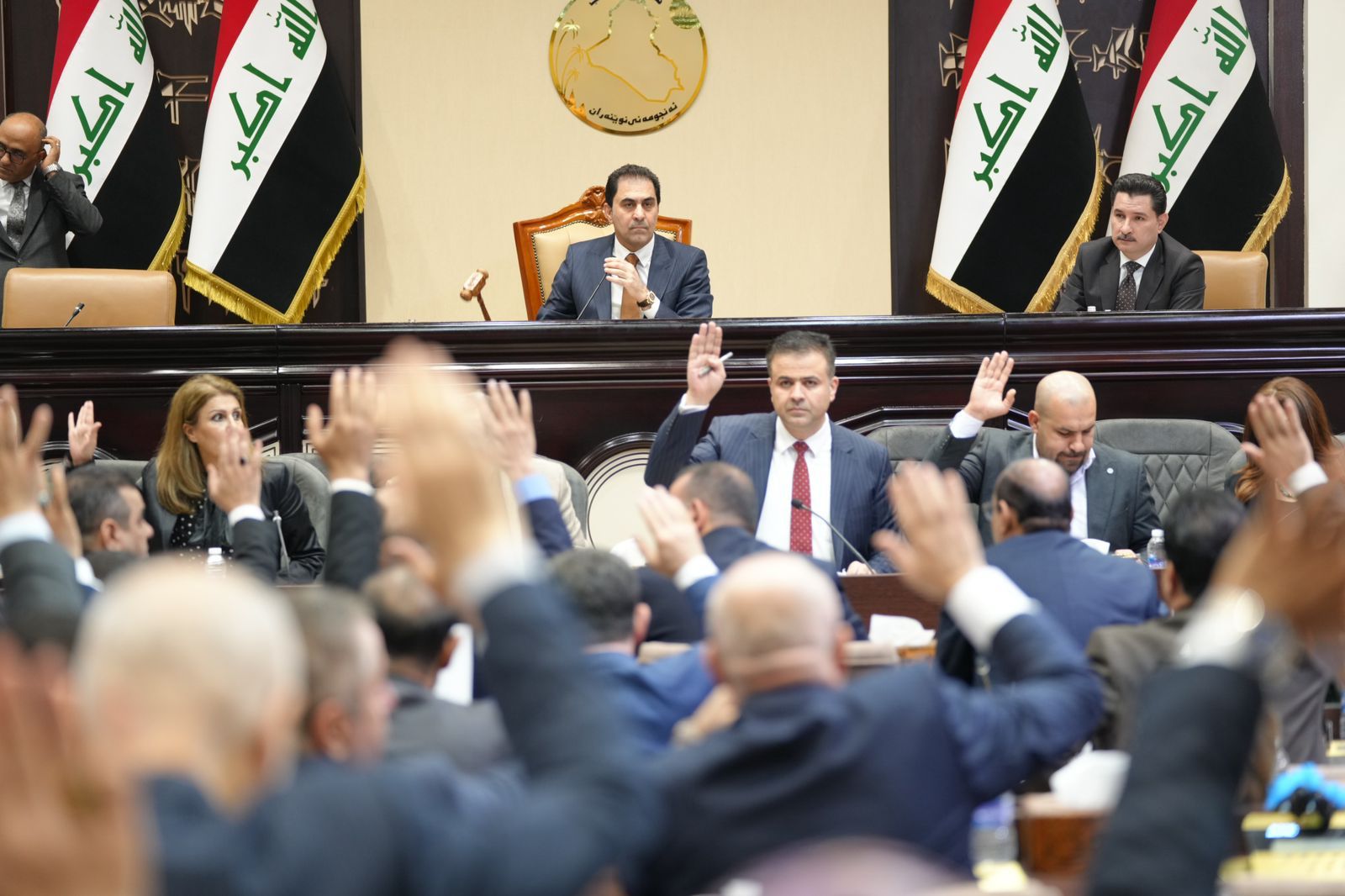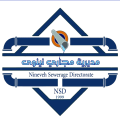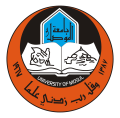MOSUL TIME RADIO
Member of the Legal Committee of the Iraqi Parliament, Raed Al-Maliki, confirmed that the draft general amnesty law will be reformulated again within the committee, according to what is agreed upon regarding the crimes included and excluded, indicating that the current draft law was limited only to terrorist crimes.
Al-Maliki said “ The draft general amnesty law that reached the House of Representatives needs many amendments, given that the formula that arrived does not contain a generalization of various crimes, but is only specialized in addressing affiliation with terrorist organizations .”
He pointed out that “the Parliamentary Legal Committee will reformulate the draft general amnesty law in a new way according to what is agreed upon regarding the crimes that are included and the crimes that are excluded from the law .”
Al-Maliki stated that “the House of Representatives is not in a rush to proceed with the second reading of the general amnesty law, and that the law needs many amendments in order to be ready for the second reading and then be approved in Parliament .”
It is noteworthy that the Iraqi Council of Representatives completed, in its session last Sunday, the first reading of the draft law on the second amendment to the General Amnesty Law No. (27) of 2016 submitted by the Legal, Security, Defense, and Human Rights Committees, “which aims to define what is meant by the crime of belonging to terrorist organizations based on what It was stated in the ministerial curriculum approved by the House of Representatives,” according to a statement by the House’s media department .
Since the formation of the government of Muhammad Shiaa al-Sudani, the general amnesty law has faced an ambiguous fate despite the existence of a political agreement on its legislation. However, observers have indicated that there is a political will, especially by the coordinating framework, to suspend the law and not adhere to the promises that were previously given to other parties (Sunnis) to ensure their participation. In the new government .
The general amnesty law is one of the most prominent demands of the Sunni blocs that stipulated its approval during the negotiations to form the state administration, which included the Shiite coordination framework and the Kurdish and Sunni blocs, which resulted in the formation of the new government headed by Muhammad Shiaa al-Sudani .
The government program, according to representatives from the Sunni component, includes issuing a general amnesty law, security checks in their governorates, and abolishing bodies or suspending their work that were a source of concern and crisis for them.






